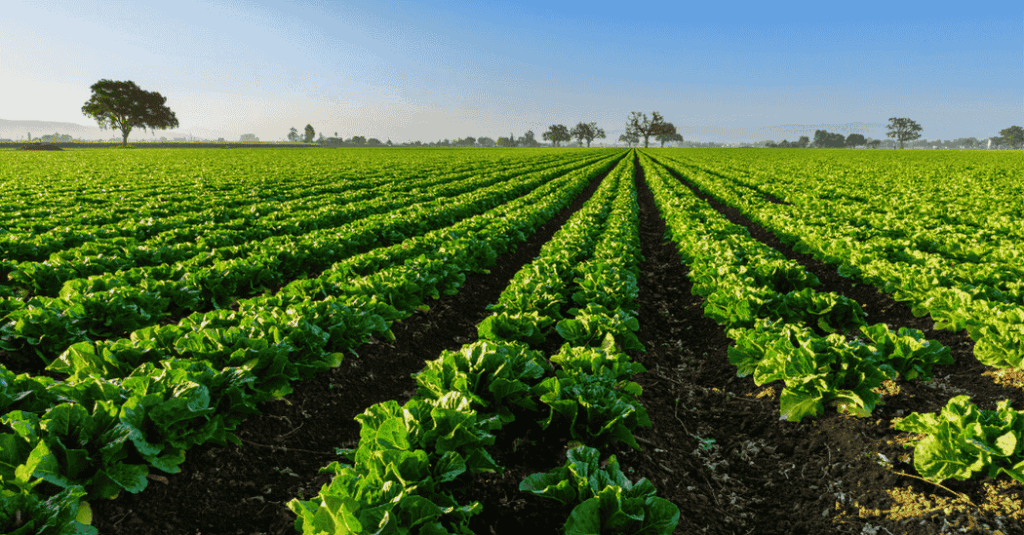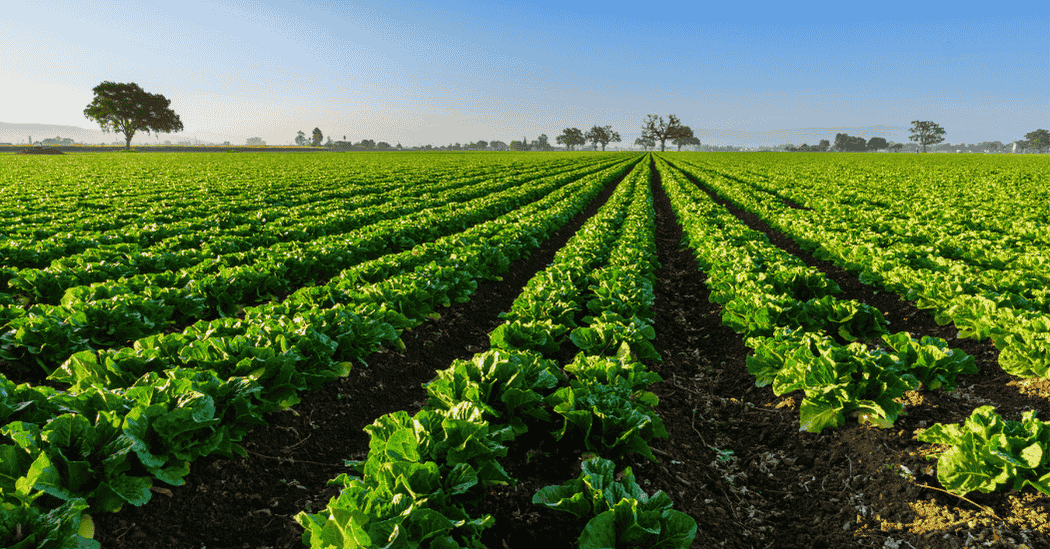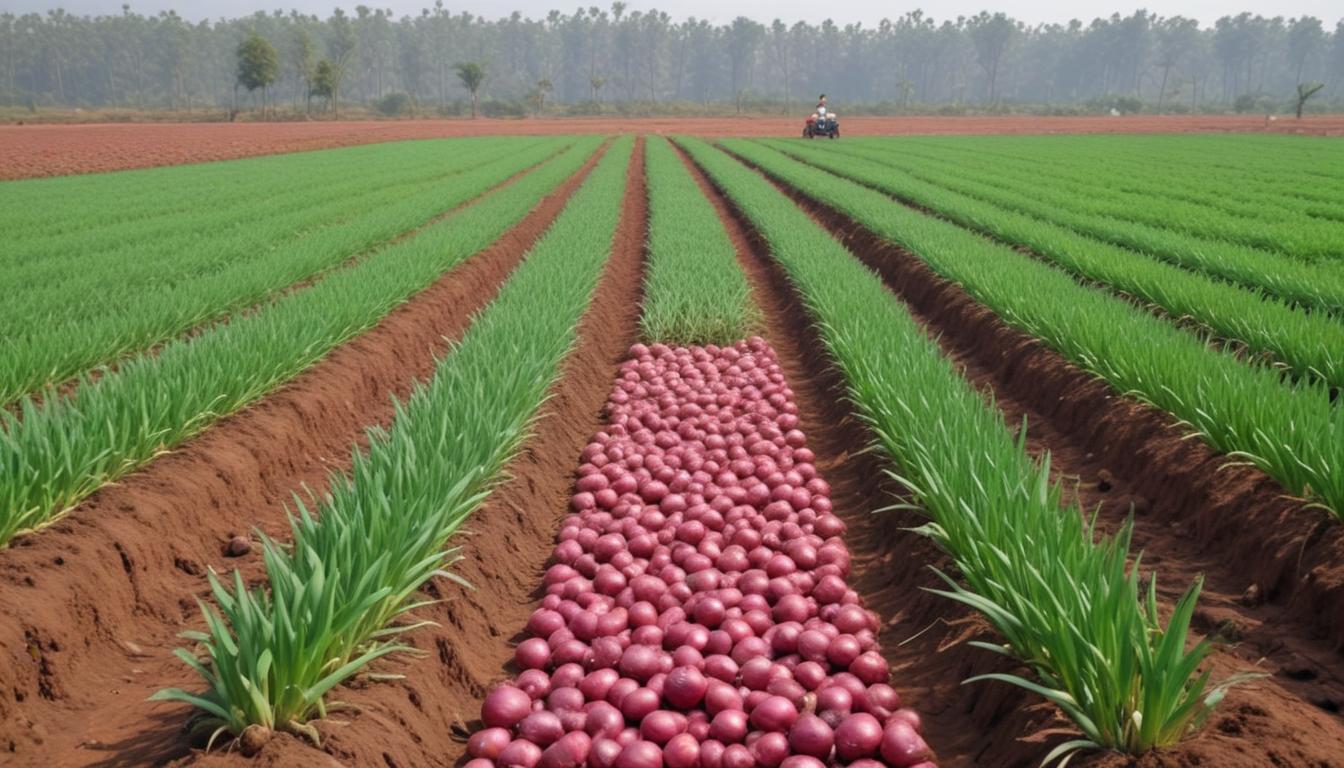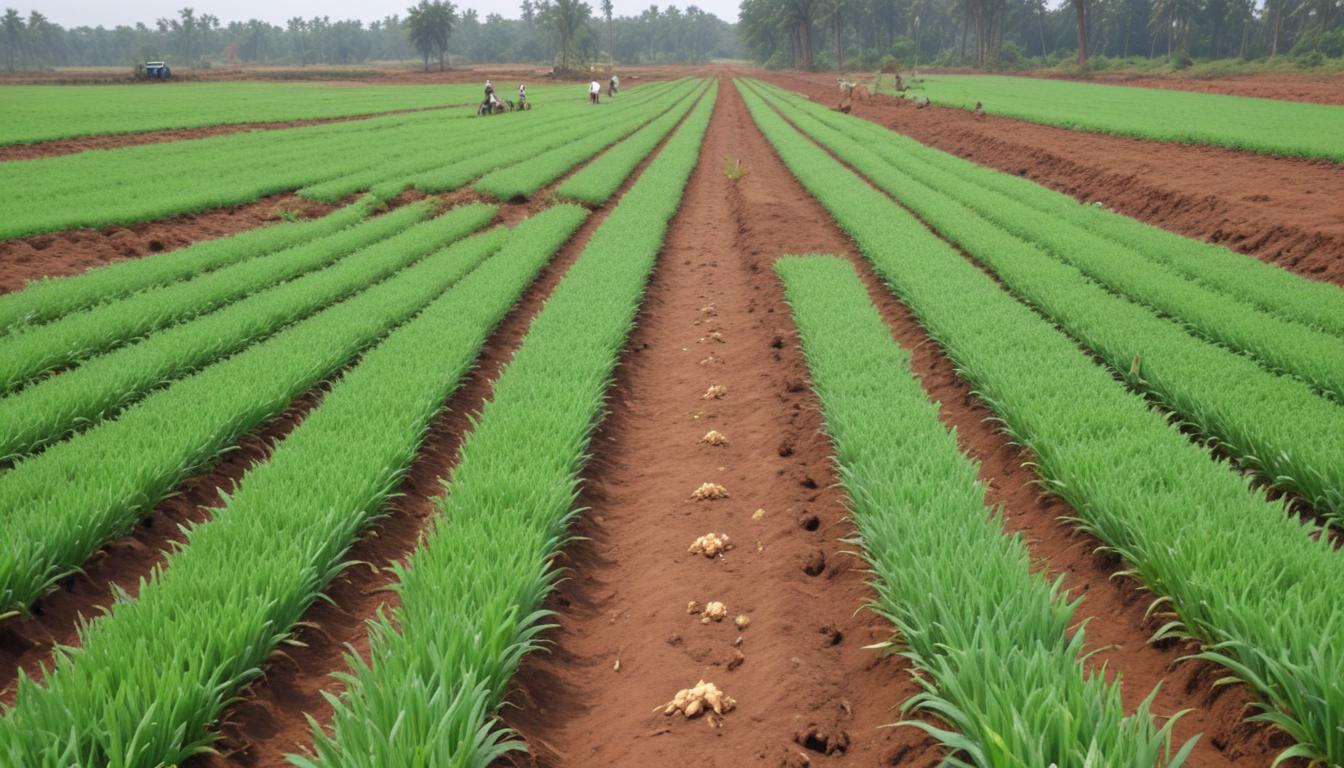
Maharashtra cm champions tech in agriculture
Maharashtra’s Chief Minister (CM) Devendra Fadnavis championed the integration of technology within agriculture to address rising production costs and labour shortages. He firmly believes that modern technology offers the sole solution to the challenges confronting the agriculture sector amid a changing environment. The CM stressed the importance of nurturing practical technologies through initiatives like the Pune Agri Hackathon and ensuring their accessibility to farmers across the state.
Fadnavis was speaking at the closing ceremony of the inaugural Pune Agri Hackathon, alongside Union Agriculture Minister Shivraj Singh Chouhan and Deputy Chief Minister Ajit Pawar. The Maharashtra government views digital agriculture as a key driver for innovation and sustainable farming practices. The Hackathon aimed to identify and promote innovative solutions that can enhance productivity, improve resource management, and increase farmer income.
The CM highlighted the necessity for a collaborative approach, involving researchers, technologists, and farmers, to successfully implement technology in agriculture. The Maharashtra government is committed to providing the necessary infrastructure and support to facilitate the adoption of digital technologies in farming. This includes promoting the use of drones for crop monitoring, precision irrigation systems, and data analytics to optimise resource allocation and improve yields.
Digital infrastructure development
The Maharashtra government recognises that robust digital infrastructure is paramount to unlock the full potential of technology in agriculture. Significant investments are being directed towards improving connectivity in rural areas, ensuring that farmers have access to reliable internet services. The CM emphasised that bridging the digital divide is crucial for inclusive growth and enabling farmers to participate in the digital economy.
Efforts are underway to establish digital agriculture hubs across the state, which will serve as resource centres for farmers seeking information and guidance on adopting new technologies. These hubs will provide training programmes, demonstrations, and access to expert advice, empowering farmers to make informed decisions about their farming practices. The Maharashtra government aims to create a supportive ecosystem that fosters innovation and facilitates the seamless integration of technology into agriculture.
The development of a comprehensive digital platform is also a key priority. This platform will integrate various services, including weather forecasting, market information, and access to government schemes, providing farmers with a one-stop solution for all their needs. By leveraging technology to improve access to information and resources, the Maharashtra government aims to empower farmers and enhance their livelihoods. The focus is on creating a user-friendly and accessible platform that caters to the diverse needs of the farming community, ensuring that no farmer is left behind in the digital revolution transforming agriculture.
Farmer empowerment through tech
The Maharashtra government is actively working to empower farmers through technology by increasing their access to crucial information and resources. A key initiative involves the development of mobile applications tailored to the specific needs of the agricultural community. These apps provide real-time data on weather patterns, market prices, and best practices for crop management, enabling farmers to make informed decisions and optimise their yields. The goal is to put the power of data directly into the hands of farmers, allowing them to become more efficient and profitable.
Furthermore, the CM has emphasised the importance of providing farmers with the necessary training and support to effectively utilise these technologies. The Maharashtra government is investing in programmes that equip farmers with the skills and knowledge needed to navigate the digital landscape and leverage technology to improve their farming practices. This includes workshops, demonstrations, and personalised guidance from agricultural experts. The focus is on building capacity at the grassroots level, ensuring that farmers are not only aware of the available technologies but also capable of using them to their full potential.
In addition to providing access to information and training, the Maharashtra government is also committed to facilitating access to finance for technology adoption. Many farmers, particularly smallholders, face financial constraints that prevent them from investing in new technologies. To address this challenge, the CM has announced the launch of schemes that provide subsidies and low-interest loans to farmers who are willing to adopt innovative farming practices. This financial assistance aims to remove the barriers to technology adoption and encourage more farmers to embrace digital agriculture.
Challenges and future outlook
Despite the enthusiasm and investment, the widespread adoption of technology in Maharashtra agriculture faces significant hurdles. The digital divide, particularly in remote rural areas, remains a major challenge. Limited internet connectivity and a lack of digital literacy among farmers can impede the effective use of even the most innovative solutions. Overcoming this requires sustained efforts to improve infrastructure and provide comprehensive training programmes tailored to the needs of the farming community. The Maharashtra government is aware of these issues and working towards resolving them.
Another challenge lies in ensuring the affordability and accessibility of technology for smallholder farmers. Many advanced technologies, such as precision irrigation systems and drones, require significant upfront investment, which may be beyond the reach of many farmers. To address this, the Maharashtra government needs to explore innovative financing models and provide subsidies to make these technologies more accessible. Public-private partnerships can also play a crucial role in driving down costs and ensuring that technology is affordable for all farmers.
Looking ahead, the future of digital agriculture in Maharashtra hinges on continued investment in research and development, as well as fostering a culture of innovation. The CM has stressed the importance of encouraging collaboration between researchers, technologists, and farmers to develop solutions that are tailored to the specific needs of the state’s agriculture sector. Furthermore, it is essential to create an enabling regulatory environment that promotes innovation and encourages the adoption of new technologies. The Maharashtra government aims to position the state as a leader in digital agriculture, driving sustainable growth and improving the livelihoods of farmers through technology.


